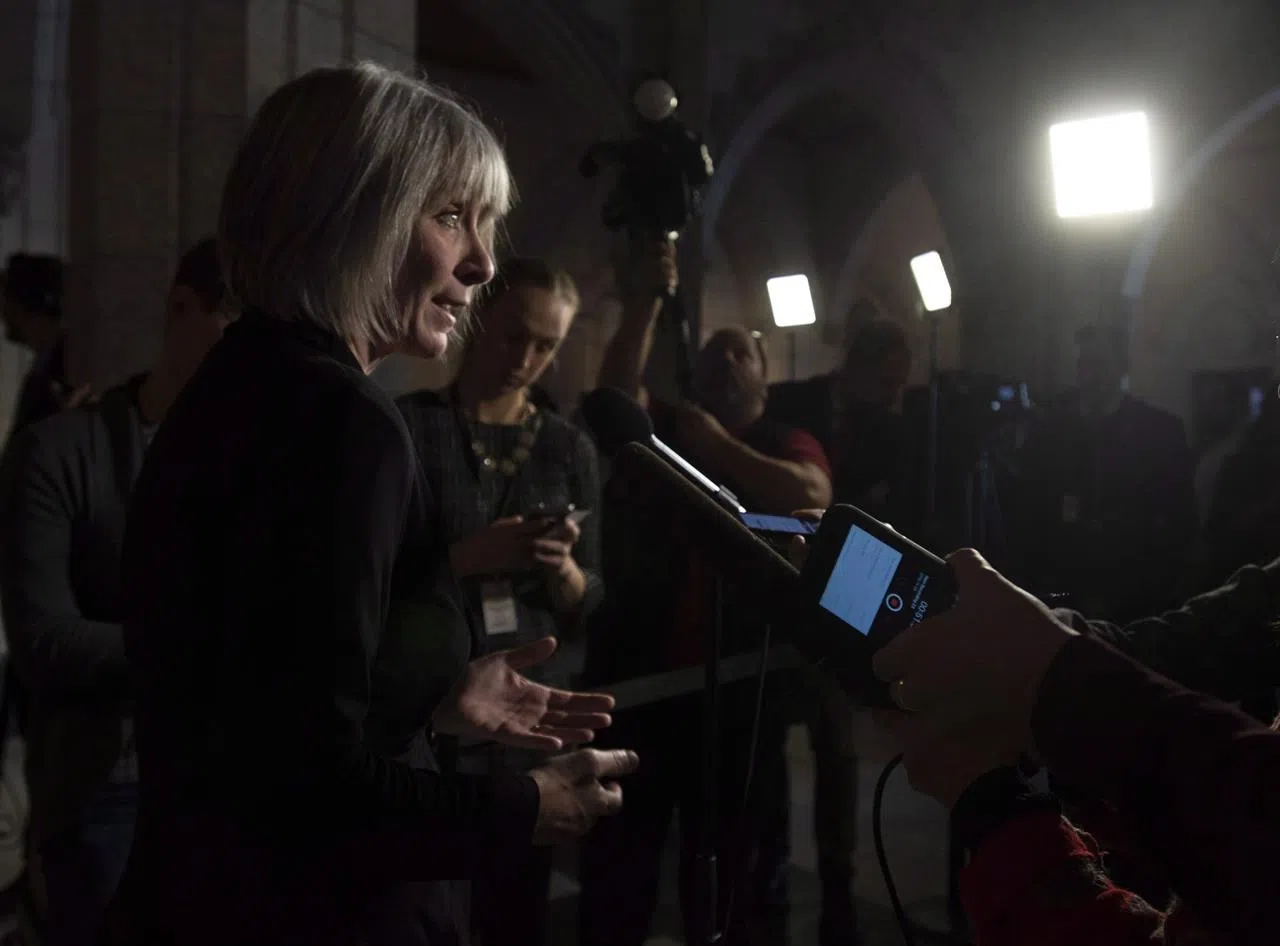
In pre-budget letter, Hajdu asks Ontario to reverse student-loan changes
OTTAWA — The federal labour minister is asking the Ontario government to reverse changes to its provincial student-assistance program in a letter that serves as a pre-budget salvo against Premier Doug Ford’s Progressive Conservatives.
Patty Hajdu, who oversees federal student-support programs, asked her provincial counterpart to stop charging interest on student loans for a short period after their holders graduate.
In January, the Ford government announced it would start charging interest on loans during the first six months after graduation to reduce complexity for students and match rules for the federal Canada Student Loans Program.
Except the Trudeau Liberals announced changes to the federal program in their March budget to waive interest charges during the six-month “grace period.”


